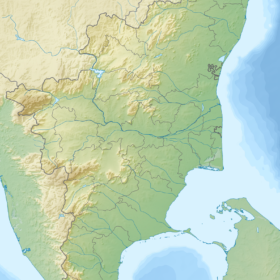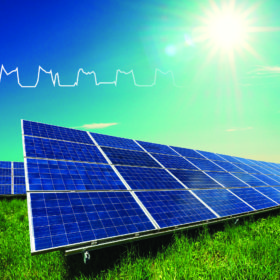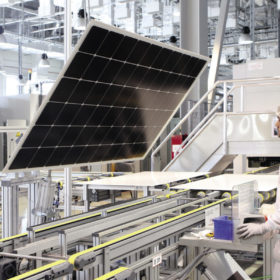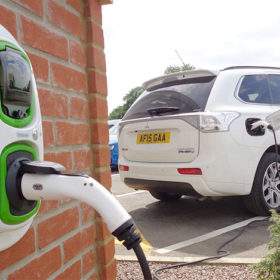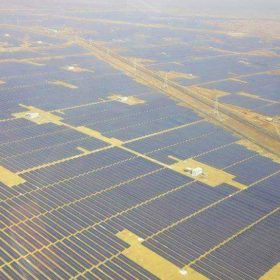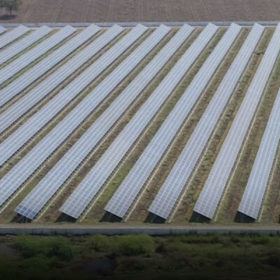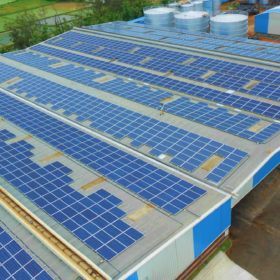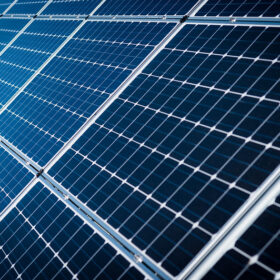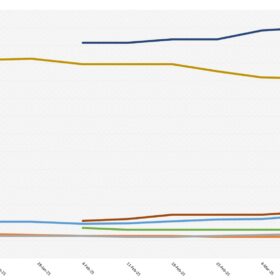NLC India commissions 63 MW solar capacity in Tamil Nadu
The state-owned power generator has commissioned 63 MW capacity out of the 100 MW solar PV power plant in Tirunelveli district, with Tamil Nadu Generation and Distribution Corporation (TANGEDCO) as the beneficiary.
Has solar lost its sheen for India’s EV push?
While India’s recent union budget announced steps to create an electric vehicle market, the solar sector still has issues that have not been addressed.
Rajasthan Electronics tenders for supply of solar modules
Jaipur’s Rajasthan Electronics & Instruments Limited has invited bids from Indian manufacturers for the supply of 75 Wp solar modules based on crystalline silicon technology. Bidding will close on July 19.
Energy storage and EVs clear winners in union budget 2019: IESA
The new budget aims to seize the opportunity in energy storage and EVs through a range of incentives. However, alongside demand, production and export, the government also needs to focus on e-waste management and Li-ion battery recycling to sustain raw material supply and minimize environmental impact.
Budget 2019: GST on EVs reduced to 5%, tax incentives on loan
To boost electric vehicle adoption in the country, the government has reduced goods and services tax on electric vehicles to 5% from 12%. Further, it will provide additional income tax deduction of Rs 1.5 lakh on interest paid on loans taken to purchase electric vehicles.
PPA revisit in Andhra Pradesh will impact solar investment: India Ratings
The high-level committee formed by Andhra Pradesh government to review and renegotiate the signed power purchase agreements with wind and solar power developers has the potential to impair the cash flows of projects in the sector.
KPI Global gets GETCO nod to enhance solar power evacuation
Independent power producer KPI Global Infrastructure has received Gujarat Energy Transmission Corporation’s approval to enhance solar power evacuation from 30 MW to 70 MW (30 MW existing + 40 MW additional capacity) at 66 KV Amod Substation of district Bharuch in Gujarat.
Delhi Police buildings will soon have rooftop solar systems
Under an MoU signed with Solar Energy Corporation of India, grid-connected rooftop solar systems totaling 3-4 MW capacity will be installed on more than 200 police establishments across the capital.
‘Anti-dumping duty on coated steel will impede solar growth’
Citing the risk to solar projects, lobby group the National Solar Energy Federation Of India has asked the Ministry of New and Renewable Energy to exclude flat steel products coated with alloy of aluminum and zinc from anti-dumping duty.
Four solar based EV charging projects funded under FAME scheme
Proposals by Bharat Heavy Electricals Limited and Rajasthan Electronics & Instruments, Jaipur to set up solar-based EV charging infrastructure have received funding under the government’s FAME India scheme. These projects will come up at Delhi NCR, Udyog Bhwan, and Delhi-Jaipur-Delhi, Mumbai-Pune-Mumbai as well as Delhi-Chandigarh-Delhi highways.

